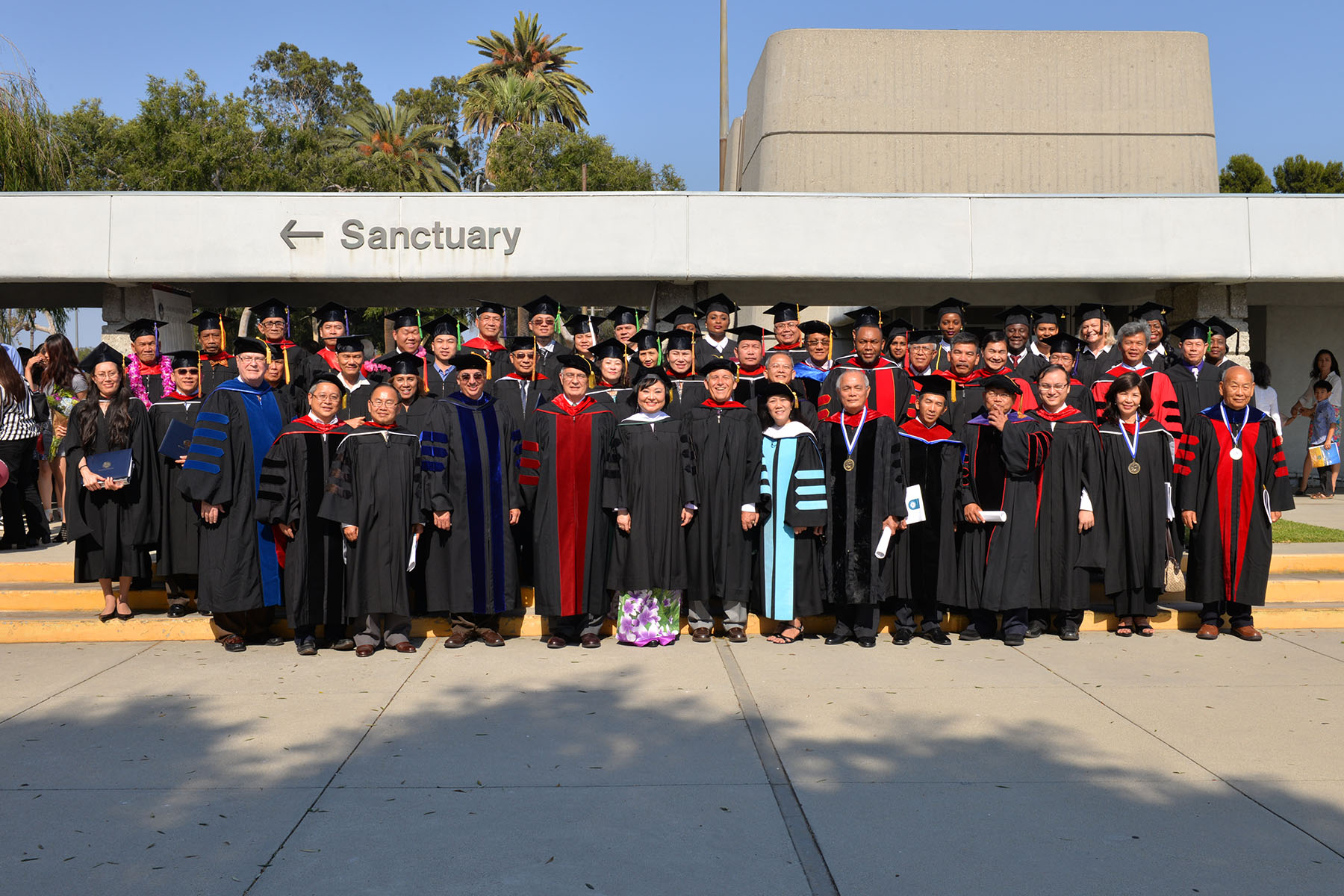
GIỚI THIỆU
UUI được thành lập bởi Union University of California (UUC) vào năm 2013, nhằm đáp ứng nhu cầu mục vụ, Kinh thánh và thần học cho những sinh viên đang ở trong hoàn cảnh xã hội đặc biệt, bằng cách cung cấp các lớp học trực tuyến hoặc tại chỗ. UUI được phép hoạt động theo Bộ luật Giáo dục Tiểu bang California (CEC) mục 94874 (e) (1) cho các trường tôn giáo cấp bằng trong các lĩnh vực mục vụ, kinh thánh và thần học.


